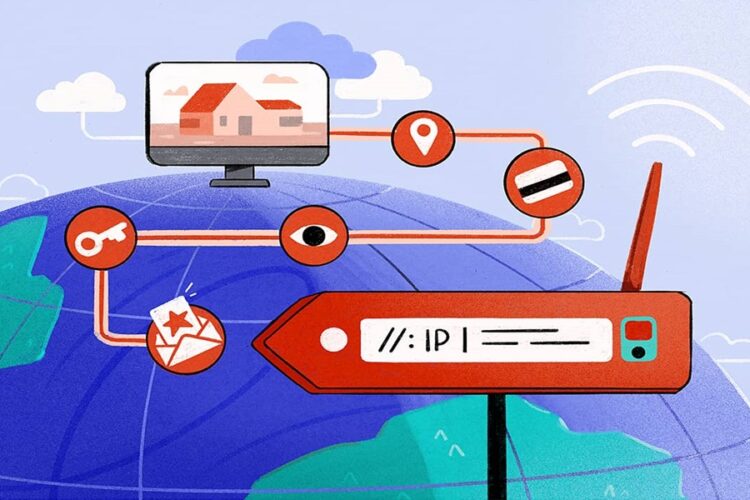IP stressers work by sending a high volume of traffic to a target IP address, overwhelming the network’s capacity. This stress test helps identify weaknesses in the system, allowing administrators to fortify their defences against potential real-world attacks. However, the same principles that make IP stressers effective in stress testing also be harnessed for optimizing data transmission.
Maximizing bandwidth utilization
Payloads, in the context of data transmission, refer to the information or data being sent over a network. IP stressers optimize bandwidth utilization to transmit these payloads. By efficiently distributing the stress traffic, stressers identify and utilize the most efficient routes, reducing latency and improving the overall speed of data transfer.
Load balancing for enhanced performance
The key mechanism used by IP stressers is load balancing, a technique that involves distributing incoming network traffic across multiple servers. In the context of optimizing data transmission, load balancing ensures that no single server is overwhelmed with traffic, preventing bottlenecks and optimizing the use of resources. This approach enhances the overall performance and reliability of data transmission learn this here now https://tresser.io/
Prioritizing traffic for critical applications
In many networks, different applications have varying levels of priority. For example, a video conferencing application may require low latency for real-time communication, while background file transfers tolerate higher latency. IP stressers are configured to prioritize traffic based on application requirements, ensuring that critical payloads receive expedited transmission while less time-sensitive data is transmitted faster in the background.
Dynamic adjustment to network conditions
Network conditions are dynamic and change rapidly. IP stressers constantly monitor the state of the network, adjusting their optimization strategies in real time. This adaptability allows stressors to respond to changes in traffic patterns, network congestion, and other variables, ensuring optimal payload transmission under varying conditions.
Ethical use of ip stressers for payload optimization
While IP stressers offer significant benefits in optimizing data transmission, it’s crucial to emphasize their ethical use. The primary purpose of these tools should be to enhance network performance, identify vulnerabilities, and fortify defenses against potential cyber threats. Engaging in malicious activities, such as using IP stressers to disrupt services or launch unauthorized attacks, is both unethical and illegal.
Legitimate network testing
Organizations employ IP stressers as part of their cybersecurity strategy to conduct legitimate network testing. By simulating stress conditions, administrators proactively identify and address vulnerabilities, ensuring the robustness of their network infrastructure. This approach not only optimizes data transmission but also enhances overall cybersecurity.
Compliance with applicable laws and regulations
The use of IP stressers must align with local and international laws and regulations. Unauthorized and malicious use of these tools leads to severe legal consequences. Responsible and ethical use involves obtaining proper authorization, and adhering to legal frameworks and the testing or optimization activities are conducted in a manner that respects privacy and security.

